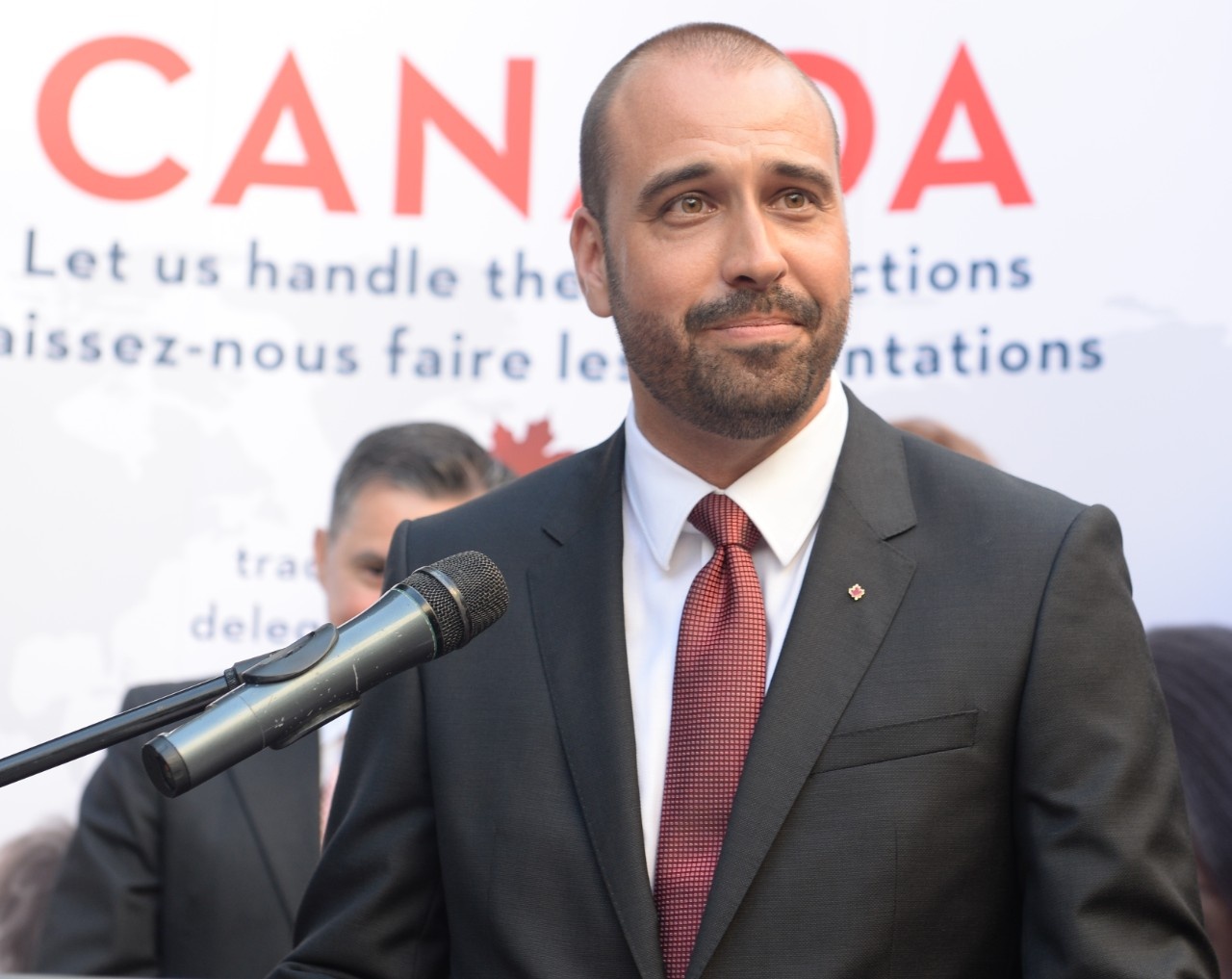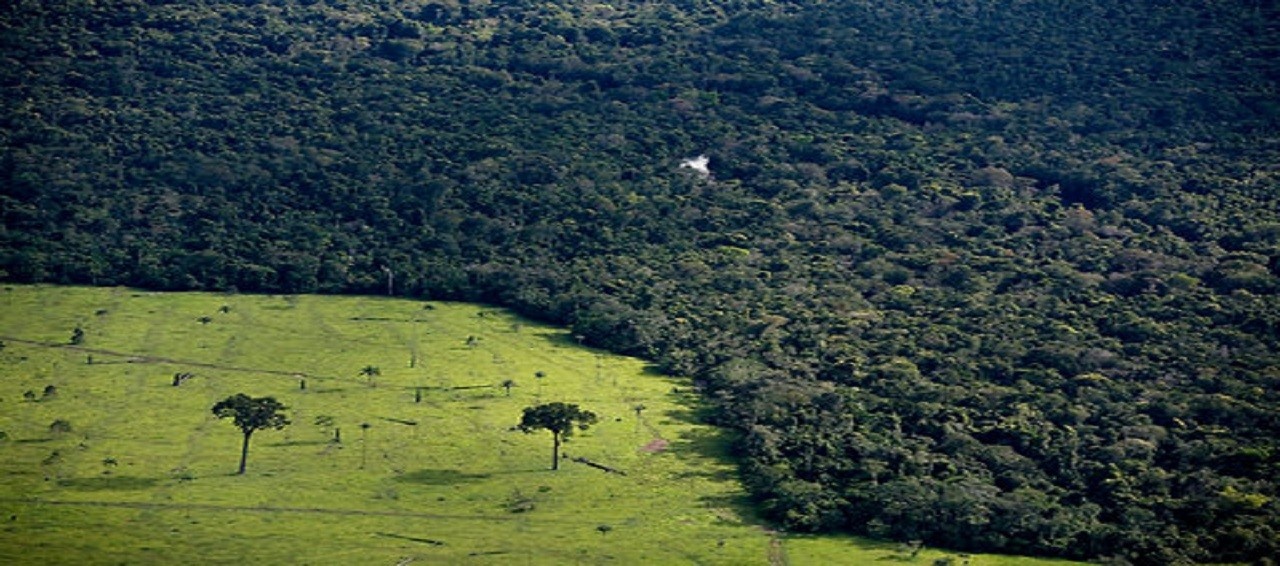Christopher Duggan
Christopher Duggan (BAH Combined IDS, 1999)
Canadian Diplomat (Postings in Jamaica, Nigeria, Romania)

On the ground during negotiations to release Canadians from a hijacked flight, helping to evacuate Canadians after an earthquake, and high level meetings with the Prime Minister...it's all in a day's work for Christopher Duggan.
In his 15 years as a Canadian diplomat with the Canadian Foreign Service, Christopher Duggan (BA IDS 1999) can’t choose just one professional highlight.Â
“There’s been so many highlights,” he says.Â
Instead, he recounts a few: being on the ground to negotiate the release of Canadian citizens from a hijacked flight in Montego Bay, Jamaica; evacuating Canadian citizens through Jamaica after the Haiti earthquake in 2010; and high level meetings with the Prime Minister.Â
“It’s a very fascinating career,” says Duggan. “It gives you an opportunity to see what’s behind the headlines in some cases.”Â
“What I find quite attractive about the diplomatic service is that is that you’re constantly being challenged,”“Not only in pursuing Canadian objectives, but also you have to be quite flexible because you are constantly dealing with new issues and new cultures.”
Since 2015, Duggan has held the title of political counsellor and is stationed at the Embassy of Canada to Romania in Bucharest. While based in Romania, Duggan also has accreditation in the surrounding countries of Bulgaria and Moldova. Duggan’s previous postings include Nigeria and Jamaica.Â
“The ability to serve one’s country, to be a representative of Canada is a remarkable experience,” says Duggan.Â
As a Canadian diplomat, Duggan says his responsibilities rely heavily on where he is posted. In Nigeria, Duggan focused on the instability and conflict between different ethnic and religious groups. When posted in Jamaica, Duggan says he worked on governance issues and anti-corruption within the police force.Â
In his current position, Duggan facilitates diplomatic and bilateral relations between Canada and Romania over trade agreements, military cooperation and visa requirements. Â
“What I find quite attractive about the diplomatic service is that is that you’re constantly being challenged,” says Duggan. “Not only in pursuing Canadian objectives, but also you have to be quite flexible and adaptable because you are constantly dealing with new issues and new cultures.”
For his undergraduate degree, Duggan attended pilipiliÂţ» from 1994 to 1999. He earned a combined bachelor’s degree in International Development Studies and Earth Science.Â
“I really enjoyed it,” says Duggan. “I had a really good time.”Â
Describing the program as “useful” and “dynamic,” Duggan says he was provided the opportunity to focus his studies and take courses that matched individual interests. Â
For Duggan, he says the International Development Studies program “provided a very comprehensive approach to development issues specifically, but also international relations more generally.”Â
Be persistent, dynamic and creative. Be open to new challenges and look at a variety of opportunities.
An important takeaway for Duggan: it is essential to incorporate a thorough and multidisciplinary approach when engaging with development issues.Â
“You need to look at ways where you can combine priorities associated with social development, economic development and environmental development,” says Duggan. “I think these issues need to be well balanced and all taken into consideration.”Â
In 2002, Duggan also received a master’s degree in public policy and administration from Carleton University.Â
“You need to look at the full sweep of development issues and I think the IDS degree does a very good job at providing an overview of all these issues,” “The IDS degree gives you, I think, a very good foundation to build on.”
Duggan’s advice for international development students: be persistent, dynamic and creative. Duggan recommends that students be open to new challenges and look at a variety of opportunities, not only in the public sector, but also with multinationals or NGOs.
“Look at it as a way of building experience, getting exposure to different cultures and opportunities,” says Duggan. “Use it as a building block.”Â
Duggan says what he learned in his undergraduate degree is still relevant to his current position as a Canadian diplomat and the “wide range of issues facing diplomacy around the world.” Â
“You need to look at the full sweep of development issues and I think the IDS degree does a very good job at providing an overview of all these issues,” says Duggan. “The IDS degree gives you, I think, a very good foundation to build on.”
